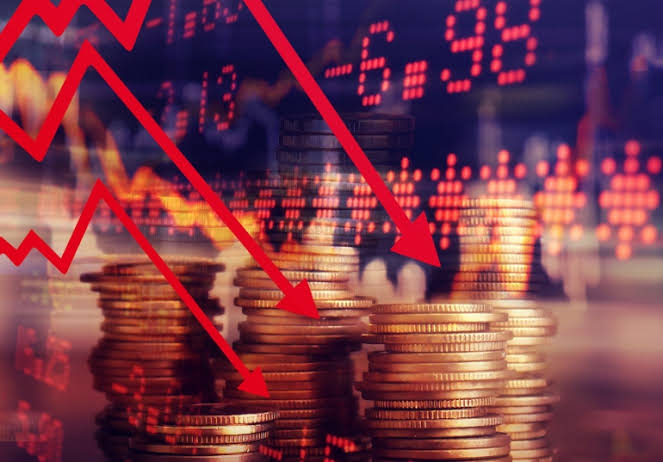
Developing countries face risk of looming economic catastrophe
By Zion Rufus
Worse than deepening the possibility of a global recession, the sharp slowdown in global growth is posing an even greater danger for developing countries.
Fueled by current macroeconomic challenges facing development such as increase in the prices of food, fertilizer, and energy, rising interest rates, currency depreciation, and capital outflows, these looming economic dangers have been described as “catastrophic”.
“The crisis facing development is intensifying. Developing countries are in the middle of one of the most internationally synchronous episodes of monetary and fiscal policy tightening of the past five decades. Central banks in developing countries are already facing critical macroeconomic dilemmas. These shockwaves have hit development at a time when many developing countries are also struggling in other areas: governance and rule of law; debt sustainability; climate adaptation and mitigation; and limited fiscal budgets to counteract the severe reversals in development from the COVID-19 pandemic, including in health and education. The human consequence of these overlapping crises is catastrophic,” David Malpass, World Bank Group President said on the crisis facing development.
Looking beyond this sharp cyclical downturn, according to the World Bank, developing countries face the risk that trends in advanced economies such as inflation, slow growth, lower productivity, drain on global energy supplies, and higher interest rates will persist beyond 2023.
“This has consequences for all of us due to the interlinked nature of the global economy and civilizations around the world,” Malpass continued.
To curb the damaging inflation stemming from food, energy, and other imported and domestic goods and services, central banks in developing countries are having to raise interest rates and their private sectors will be facing much higher borrowing costs.
“This effect is being amplified as the search for yield becomes a search for safety, accelerating capital outflows and a depreciation of domestic currencies. Moreover, the aversion to long term investment risk is growing. The negative impact on growth is already palpable. At the same time, this new crisis that follows COVID-19 finds developing countries with eroded fiscal positions, including high debt and depressed budget revenues. Countries do not have enough fiscal buffers to provide support to key pro-growth and development spending.”



Comment
No comments found.